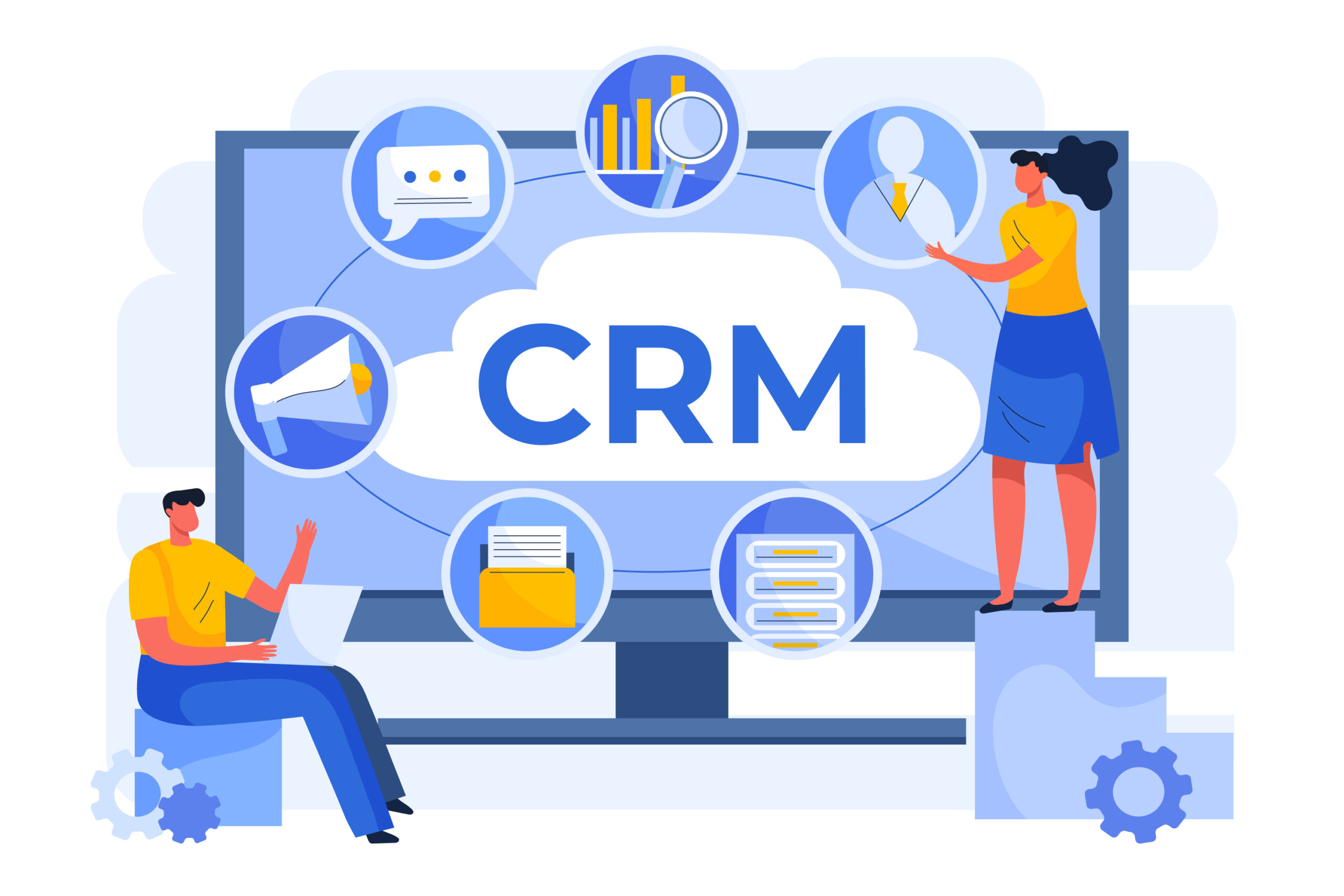
In today’s increasingly digital landscape, cybersecurity has become a critical concern for organizations of all sizes. With the growing number of cyber threats and attacks, it is essential to have robust cybersecurity measures in place to protect your sensitive data and IT infrastructure. One of the most important aspects of cybersecurity is choosing the right tools to secure your organization’s applications and data. In this blog post, we will discuss how to choose the right cybersecurity tools for your organization.
Understand your organization’s needs
The first step in choosing the right cybersecurity tools for your organization is to understand your organization’s unique needs. Each organization has its own set of security requirements, which may vary depending on the industry, the size of the organization, and the type of data being handled. Therefore, it is essential to conduct a thorough assessment of your organization’s IT infrastructure, applications, and data to identify potential vulnerabilities and risks.
Identify the types of cybersecurity tools required
Once you have a clear understanding of your organization’s needs, the next step is to identify the types of cybersecurity tools required. There are various types of cybersecurity tools available, such as firewalls, antivirus software, intrusion detection systems (IDS), intrusion prevention systems (IPS), and data encryption software. Depending on your organization’s needs, you may require a combination of these tools to provide comprehensive security.
Evaluate the features and capabilities of different cybersecurity tools
After identifying the types of cybersecurity tools required, the next step is to evaluate the features and capabilities of different tools. It is essential to choose a tool that provides the necessary features to meet your organization’s security requirements. For example, if your organization deals with sensitive data, you may need a tool that provides robust data encryption capabilities. Similarly, if your organization has a large IT infrastructure, you may need a tool that can scale to handle the size and complexity of your network.
Consider the ease of use and compatibility
Another important factor to consider when choosing cybersecurity tools is the ease of use and compatibility with your existing IT infrastructure. The tool you choose should be easy to use and manage to avoid adding unnecessary complexity to your organization’s operations. Additionally, the tool should be compatible with your existing applications and systems to ensure seamless integration and interoperability.
Evaluate the vendor’s reputation and support
When choosing cybersecurity tools, it is also essential to evaluate the vendor’s reputation and support. You should choose a vendor that has a proven track record of providing reliable and effective cybersecurity solutions. Additionally, the vendor should offer excellent customer support to ensure that you can get help quickly in case of any issues or concerns.
Consider the cost and ROI
Finally, when choosing cybersecurity tools, you should consider the cost and return on investment (ROI). While it is essential to invest in cybersecurity to protect your organization’s sensitive data and IT infrastructure, you should also ensure that the investment is cost-effective. Therefore, you should evaluate the cost of different cybersecurity tools and compare them to the benefits they provide. Additionally, you should consider the long-term ROI of the tool to ensure that the investment pays off over time.
Consider your current security tools
You may have to integrate your current security tools with the one you have chosen as your new cybersecurity solution. If so, it is important to first think whether the new solution will bring any improvements to your cybersecurity program or not. It is suggested to do a cost-benefit analysis if the new tool will offer any additional advantages or not
If you have to replace your former cybersecurity tool, replacing it with an updated version is a preferred option..
Conclusion
Choosing the right cybersecurity tools for your organization is essential to ensure comprehensive security and protection against cyber threats and attacks. By understanding your organization’s needs, identifying the types of cybersecurity tools required, evaluating the features and capabilities of different tools, considering ease of use and compatibility, evaluating the vendor’s reputation and support, and considering the cost and ROI, you can make an informed decision and choose the right cybersecurity tools for your organization. Also, ensure the new cybersecurity application software does not severely impact your security procedures.
axiusSoftware offers a range of cybersecurity tools and solutions to help organizations protect their sensitive data and IT infrastructure. The team of cybersecurity experts can help you assess your organization’s security needs and recommend the best tools and solutions to provide comprehensive security.











